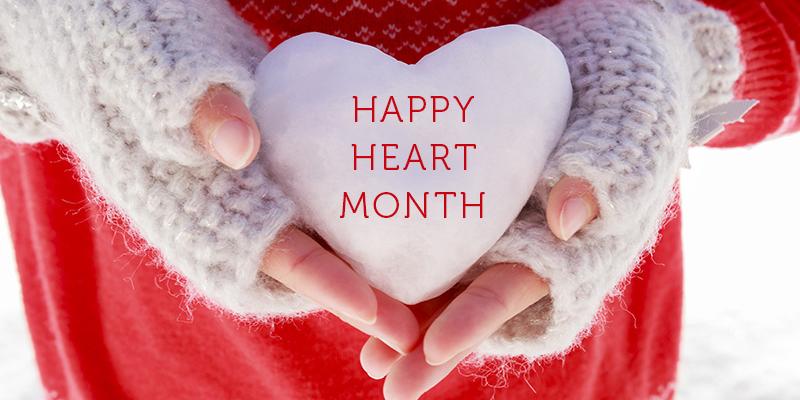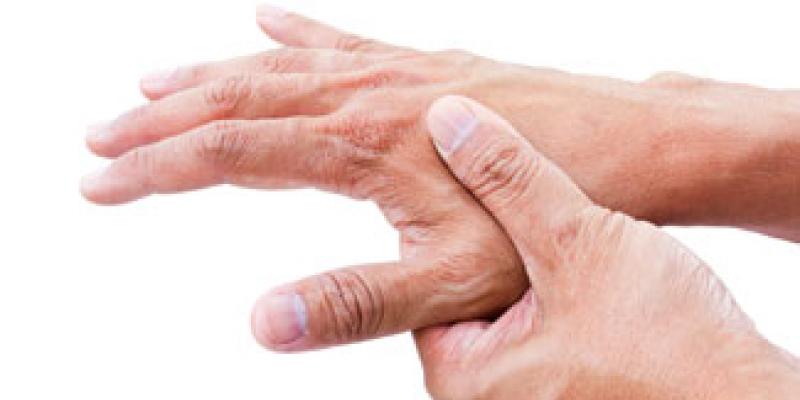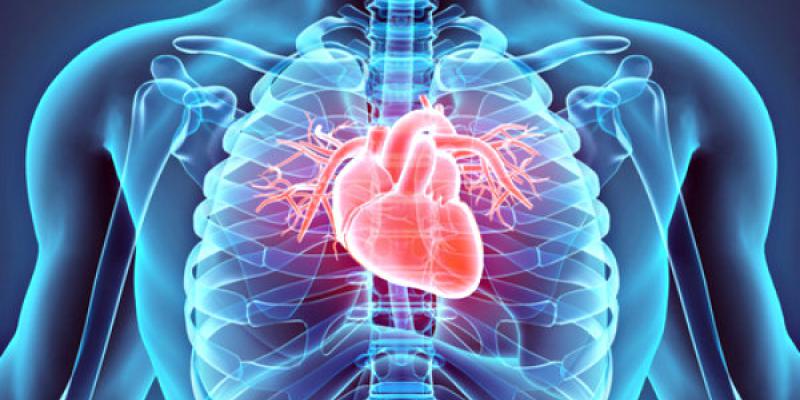In February, hearts are all around us. Stores are packed with heart-shaped chocolate boxes, cards and small half-naked winged archers as we take a single day to make up for a year’s worth of disappointments. (Ok, maybe I’m a little cynical). February is about more than just chocolate hearts; it marks Heart Month across the country.
Heart Month is the Heart and Stroke Foundation’s key opportunity to reach millions of Canadians in February and alert them to the risks of heart disease and stroke. Today, heart disease, stroke and related conditions take one life every five minutes and 1.6 million Canadians are affected by heart disease.
Your heart is a muscle that pumps blood to every part of your body. As such, its health is crucial to the health of the entire body, and so, it is important to understand and minimize risks for heart disease. Although, some risk factors such as age and ethnicity are out of your control. Many other risk factors are modifiable, meaning, we can make changes to reduce the risk. While it may not be possible to modify them all, even one can have an impact.
Risk factors such as high blood pressure, high cholesterol, uncontrolled diabetes, smoking, stress, excessive alcohol consumption, physical inactivity and being overweight can increase your risk dramatically. Diet, exercise, stress reduction and taking medication regularly can help you to reduce the risk.
While lifestyle and medications can reduce your likelihood of heart disease, in some cases, heart disease progresses and can lead to a serious event such as a heart attack.
Some heart attacks are sudden and intense, similar to TV or movies where no one doubts what’s happening. But, most heart attacks start slowly, with mild pain or discomfort and people affected aren’t sure what’s wrong and wait too long before getting help. Some signs that a heart attack is happening include:
- Chest discomfort. It can feel like uncomfortable pressure, squeezing, fullness or pain.
- Discomfort in other areas of the upper body. Symptoms can include pain or discomfort in one or both arms, the back, neck, jaw or stomach.
- Shortness of breath with or without chest discomfort.
- Other signs may include breaking out in a cold sweat, nausea or light-headedness.
Like many diseases, early intervention is key. If you or someone you know is experiencing these symptoms, call 911. Quick response from EMS may mean that you have many more years of smooching and wooing during the mid-February holiday. Take care of yourselves and each other








